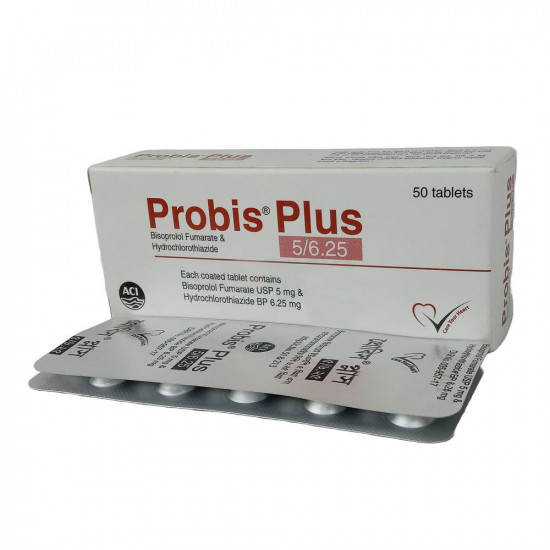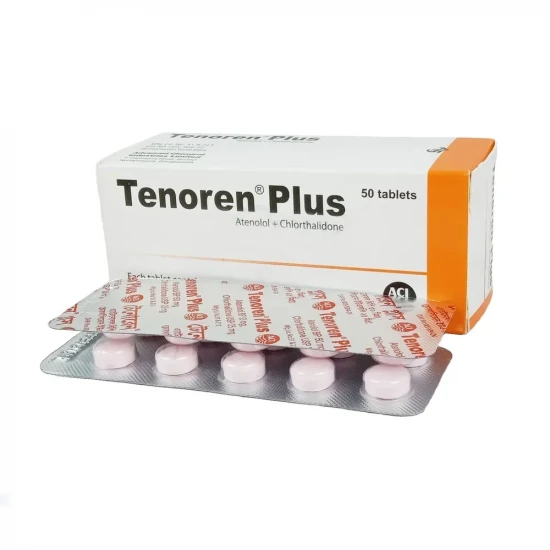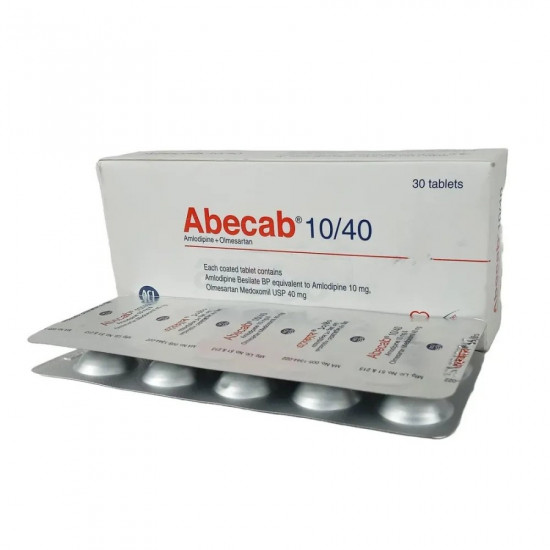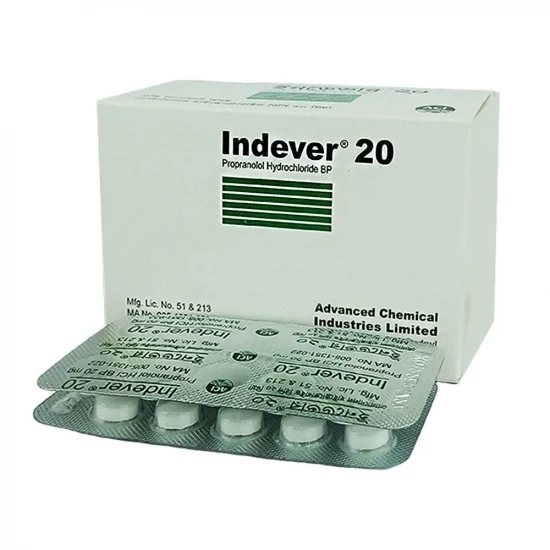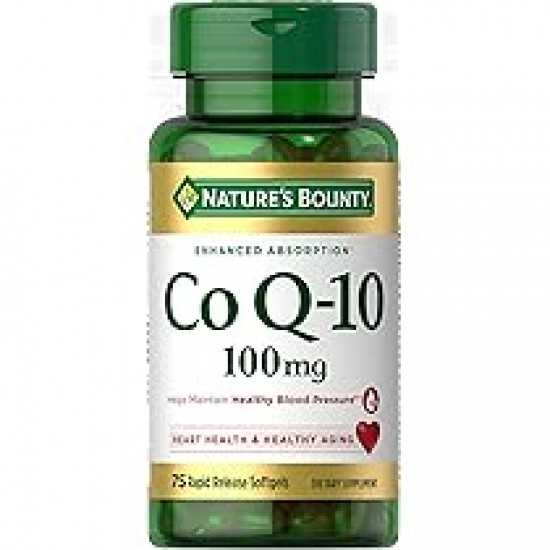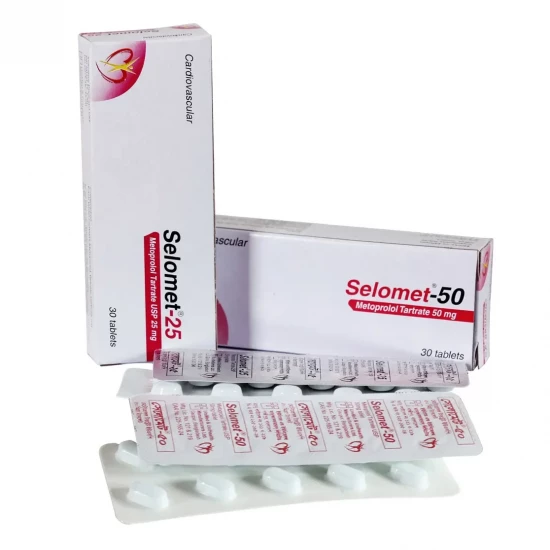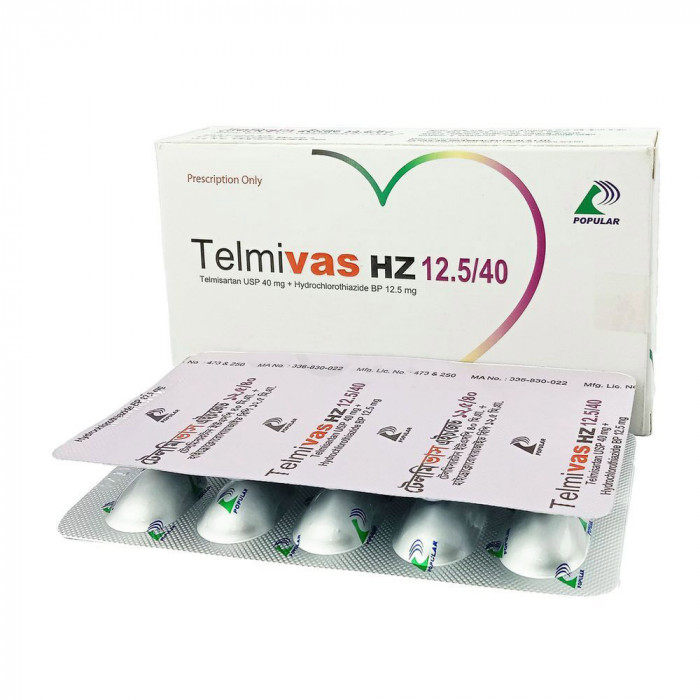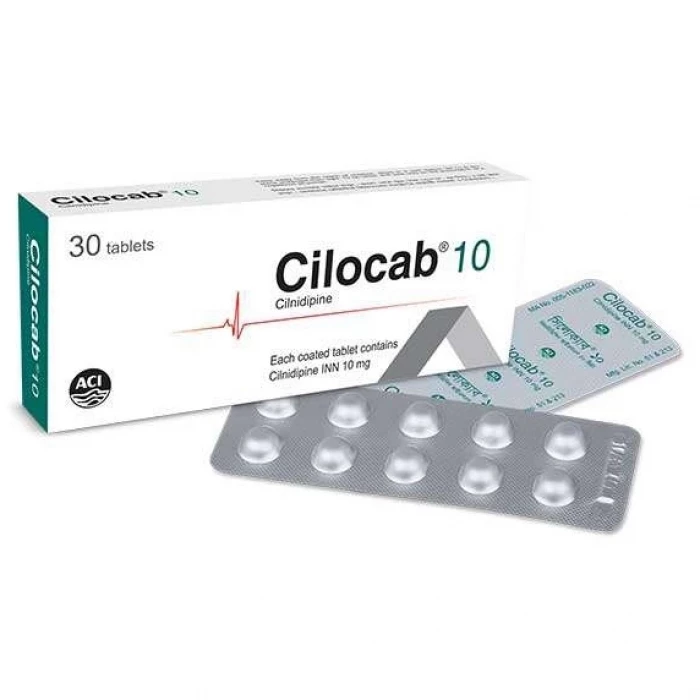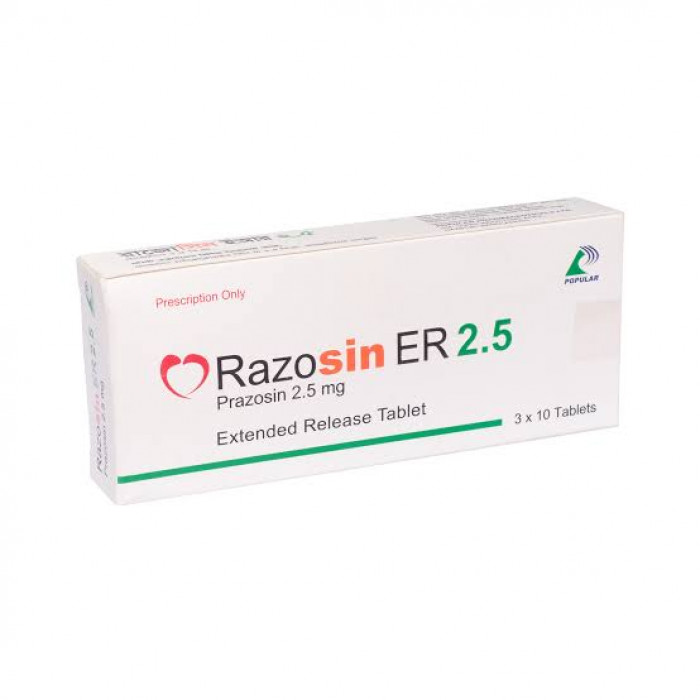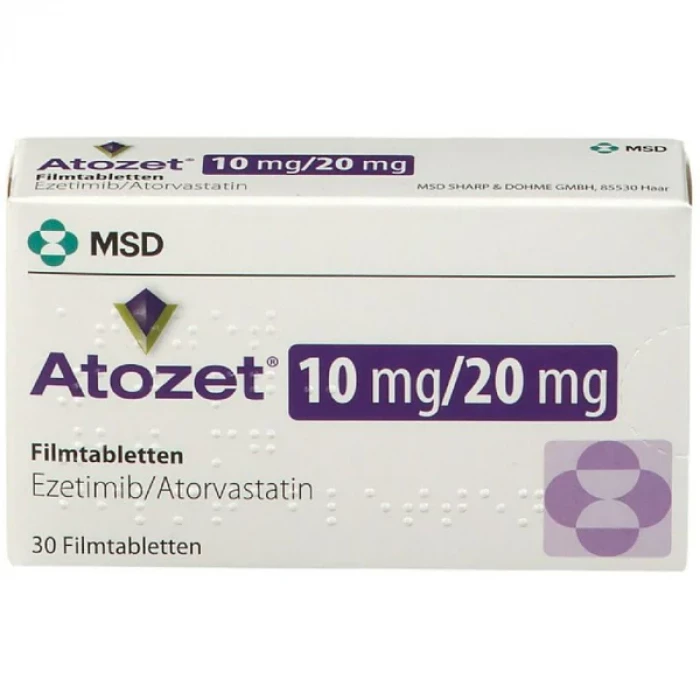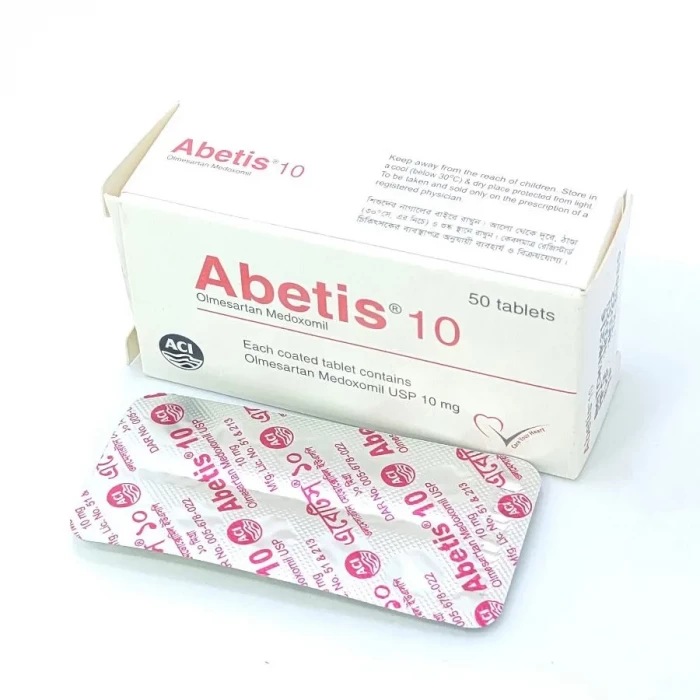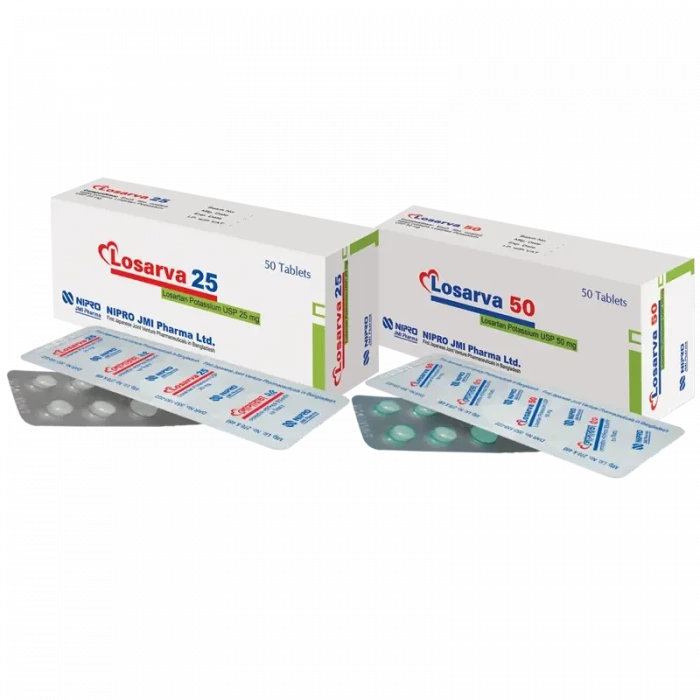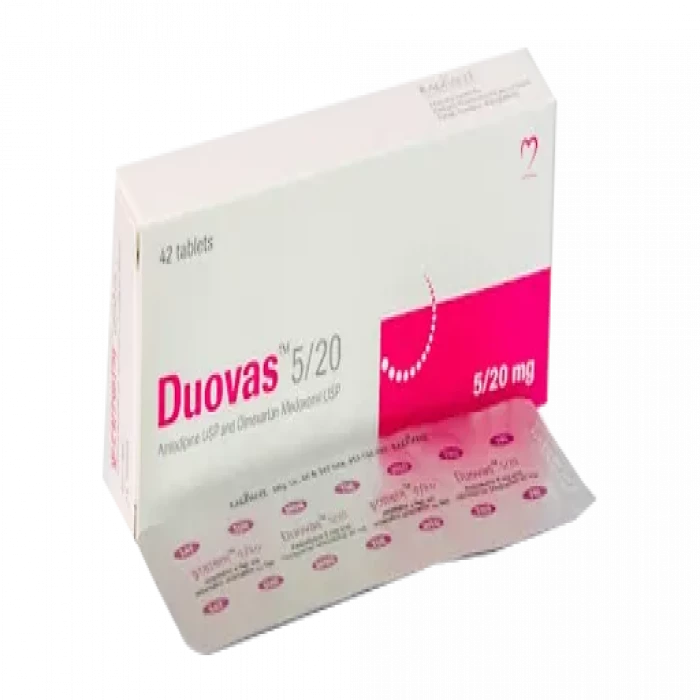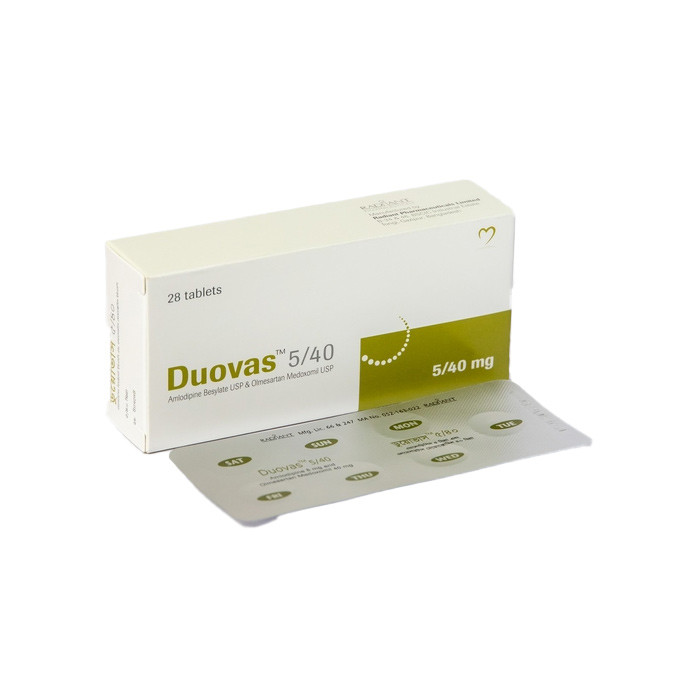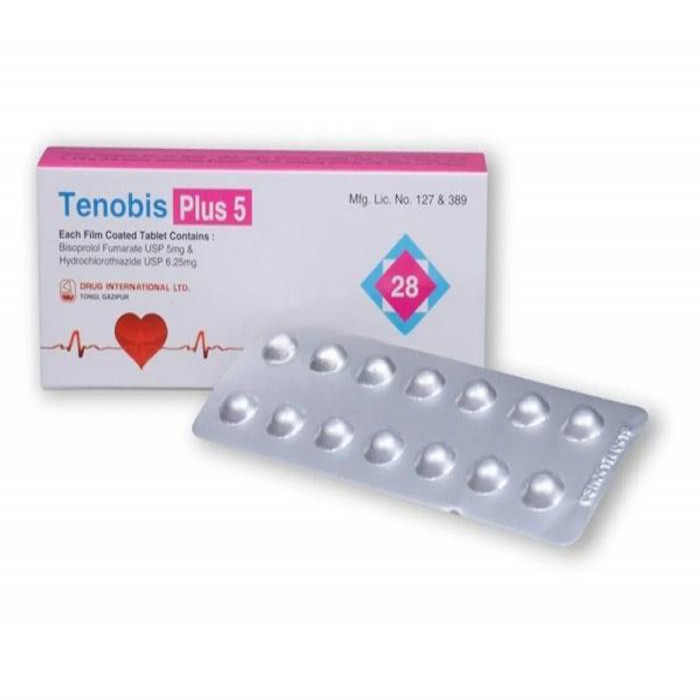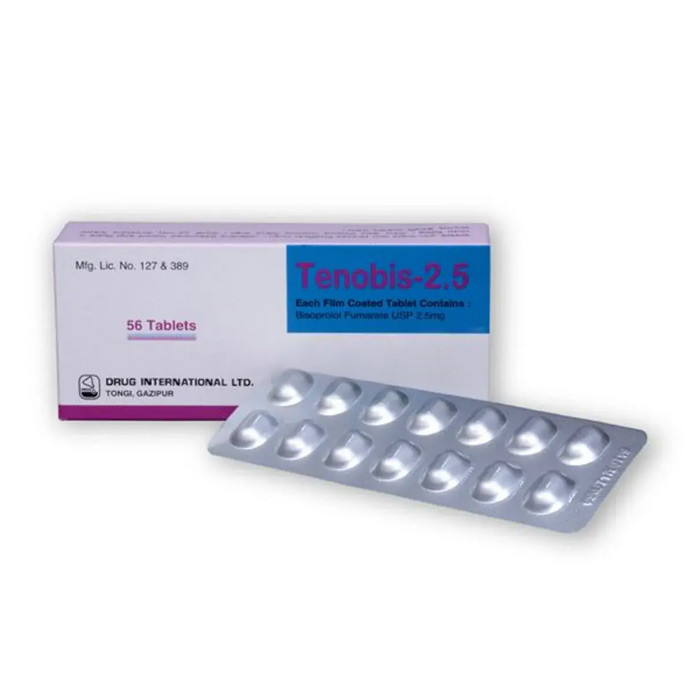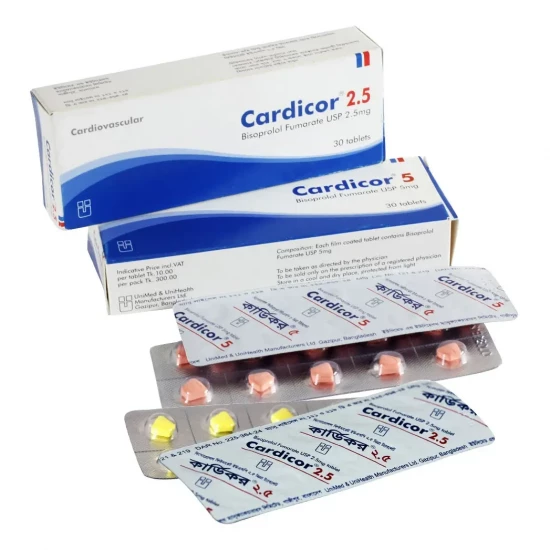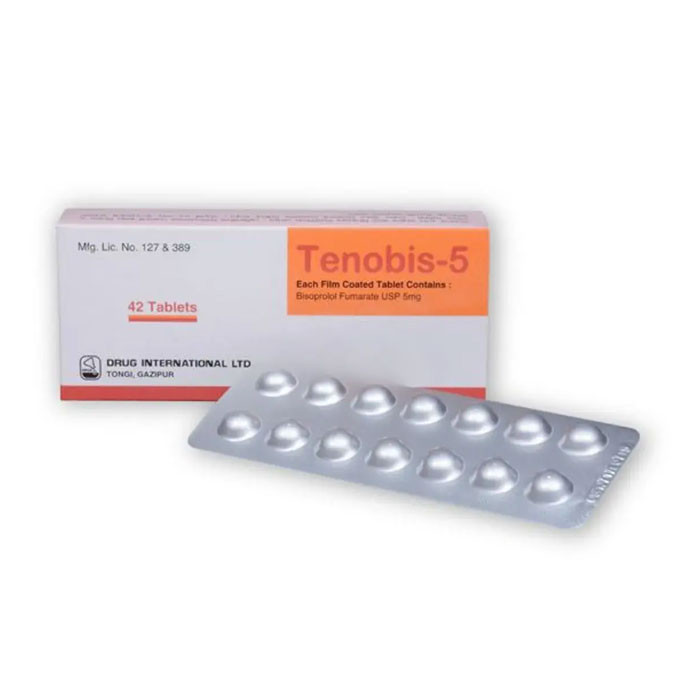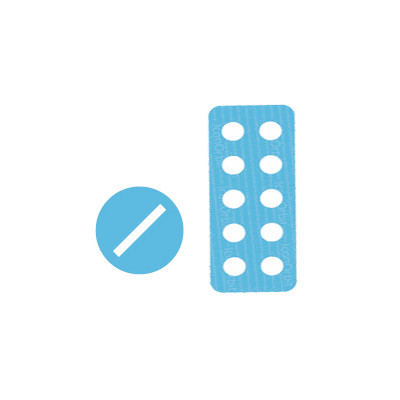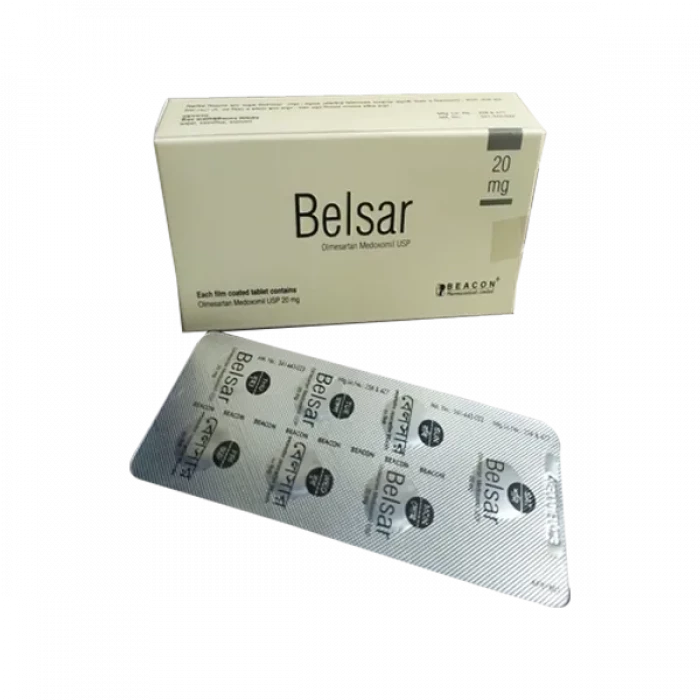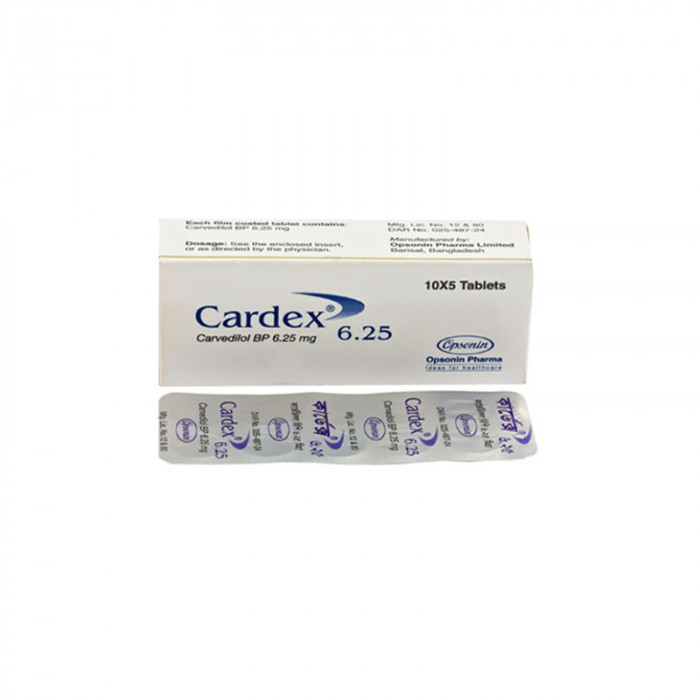
✔ 100% Authentic Product
👁️ Currently Viewing 1692
✅ Description:
Indications of Cardex 6.25
Carvedilol is used to treat mild, moderate, or severe ischemic or cardiomyopathic heart failure in combination with digitalis, diuretics, and an ACE inhibitor to slow disease progression as proven by cardiovascular mortality, hospitalization, or the need to change other heart failure drugs. In patients who are unable to tolerate an ACE inhibitor, carvedilol may be utilized. Patients who are not undergoing digitalis, hydralazine, or nitrate treatment may be given carvedilol.
Pharmaceutical Name
Pharmacology
Carvedilol is a cardiovascular medication that has non-selective antagonism of -adrenergic receptors as its main pharmacological action, but also has some a-adrenergic antagonistic activity. It also acts as an antiproliferator and a scavenger of reactive free oxidant radicals. Hypertension, angina pectoris, and congestive heart failure are all treated with it.
Dosage & Administration of Cardex 6.25
In hypertension: initially, 12.5 mg once daily, increased after 2 days to the usual dose of 25 mg once daily; if necessary the dose may be further increased at intervals of at least 2 weeks to maximum 50 mg daily in single or divided doses. In elderly patients, the initial dose of 12.5 mg daily may provide satisfactory control.
In angina pectoris: the recommended dose for initiation of therapy is 12.5 mg twice daily for the first 2 days. Thereafter, the recommended dosage is 25 mg twice daily. For elderly patients, the maximum daily dose is 50 mg daily in divided doses.
In heart failure: initially, 3.125 mg twice daily (with food) may be given, the dose may be increased at intervals of at least 2 weeks to 6.25 mg twice daily, then to 12.5 mg twice daily, then to 25 mg twice daily. The dose may be increased to the highest dose tolerated, maximum 25 mg twice daily in patients less than 85 kg body-weight and 50 mg twice daily in patients over 85 kg.
Interaction of Cardex 6.25
Digoxin: In normal healthy volunteers, a single dose of carvedilol and a single dose of digoxin will cause a significant increase in digoxin levels after 24 hours. Carvedilol was also administered to patients with stable congestive heart failure with digoxin without adverse reactions. When initiating, adjusting, or stopping the carvedilol dose, increased digoxin monitoring is recommended.
Rifampin: Pretreatment with rifampin causes Cmax and AUC to increase 60 °.
Warfarin: Carvedilol does not change the binding of warfarin to plasma proteins in vitro.
Clonidine: β-receptor antagonists can enhance the pressure rise that may occur after a sudden stop of clonidine treatment, but theoretically the blocking effect of carvedilol should change the pressure rise.
Contraindications
Patients with decompensated heart failure requiring intravenous inotropic therapy, bronchial asthma or related bronchospastic conditions, second or third-degree AV block, sick sinus syndrome (unless a permanent pacemaker is in place), cardiogenic shock, or severe bradycardia are all contraindicated for carvedilol.
Side Effects of Cardex 6.25
Dizziness, headache, fatigue, gastro-intestinal disturbances, bradycardia; occasionally decreased peripheral circulation, peripheral oedema, and painful extremities, dry mouth, dry eyes, eye irritation or disturbed vision, impotence, micturition disturbances, influenza-like symptoms; rarely angina, AV block, exacerbation of intermittent claudication or Raynaud's phenomenon; rarely angina, AV block, exacerbation of intermittent claudication
Pregnancy & Lactation
Carvedilol should not be used during lactation because it has not been studied in breastfeeding women and animal studies have shown that carvedilol is excreted in human milk. The safety and efficacy of carvedilol in children have not been established. Carvedilol should not be used during pregnancy as it has not been studied in this group. Animal studies have shown that carvedilol can cross the placental barrier. There is no information on the safety and efficacy of carvedilol in newborns.
Precautions & Warnings
Take caution in hepatic impairment and in heart failure monitor clinical status for 2-3 hours after initiation and after increasing each dose. Before increasing the dose ensure that the renal function and heart failure are not deteriorating
Storage Conditions
Keep the temperature below 30°C and away from light and moisture. Keep out of children's reach.
⚠️Disclaimer:
At ePharma, we’re committed to providing accurate and accessible health information. However, all content is intended for informational purposes only and should not replace medical advice from a qualified physician. Please consult your healthcare provider for personalized guidance. We aim to support, not substitute, the doctor-patient relationship.




